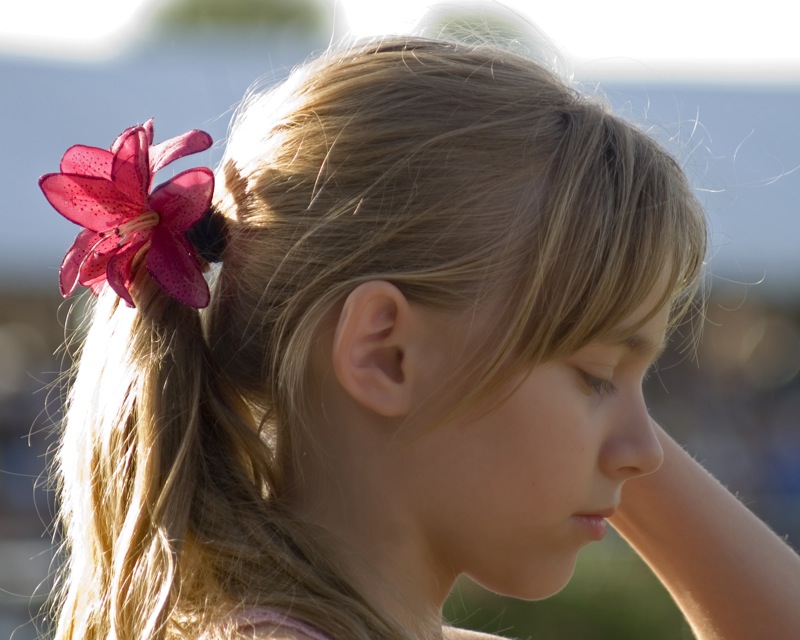Does your child seem easily overwhelmed by sounds, light and smells? And is she quick to upset or particularly emotional?
You’d have to see a healthcare professional to know for sure, but these could be signs of being a highly sensitive person (HSP.)
Both children and adults who have been labeled an HSP have hypersensitive nervous systems and are easily overwhelmed by both emotional stimuli and physical things — such as textures, sounds, lights and temperatures. It’s estimated that 20 percent of the general population is born with the condition, which affects both males and females equally, says Dr. Elaine Aron, a leading researcher in the field.
“I explain the condition in four letters: DOES,” Aron recently told The Telegraph. “D is for depth of processing, which is the key to the whole condition. They process everything around them very deeply. O is for overstimulation, which is brought about because of D. E is for emotional reactivity and empathy. Research shows HSPs respond more to the emotions of others and to situations in general. And S is for sensitive stimuli – they’re incredibly sensitive to smells, sounds and light.”
Being an HSP might not sound like a big deal, but for a child, it can be especially difficult to cope with. When kids are taught to become aware of their overactive nervous systems, being an HSP can actually be beneficial in social settings because of their high levels of kindness and empathy. Yet, when they are scolded on a regular basis for their highly emotional states, they could begin thinking something is wrong with them. This could eventually lead to a variety of problems, such as anxiety, depression or being overly sensitive to criticism as they approach adulthood.
“The reason I wrote The Highly Sensitive Child is because so many adults wrote to me saying they wished their parents had understood their sensitivity rather than trying to stamp it out,” Aron said. “The good news is highly sensitive adults tend to respond well to therapy because they’re so in touch with their emotions. But if they’re raised in the right way in the first place, this group of people have so much to offer the world.”
(Think your child might be a highly sensitive person? Take the quiz here!)
According to Psychology Today, here are some tips for parents when raising a highly sensitive child:
- View their sensitivity as an asset: Instead of viewing it as a flaw, embrace your child’s sensitivity — a trait often found in great artists and thinkers.
- Partner with your child: Highly sensitive kids respond better when adults make requests and offer partnering for decisions, rather than harsh punishments.
- Create calmness: Designating a special place in your home where your child can relax and unwind from the stressful stimuli of her day can go a long way in managing her stress.
- Use gentle discipline: Your child will likely respond better with reasoning and gentle reminders instead of yelling or spanking.
- Connect with other highly sensitive children: Getting kids together for play dates with other like children can help nurture their personalities.
Visit Dr. Aron’s website for even more details about HSP.
